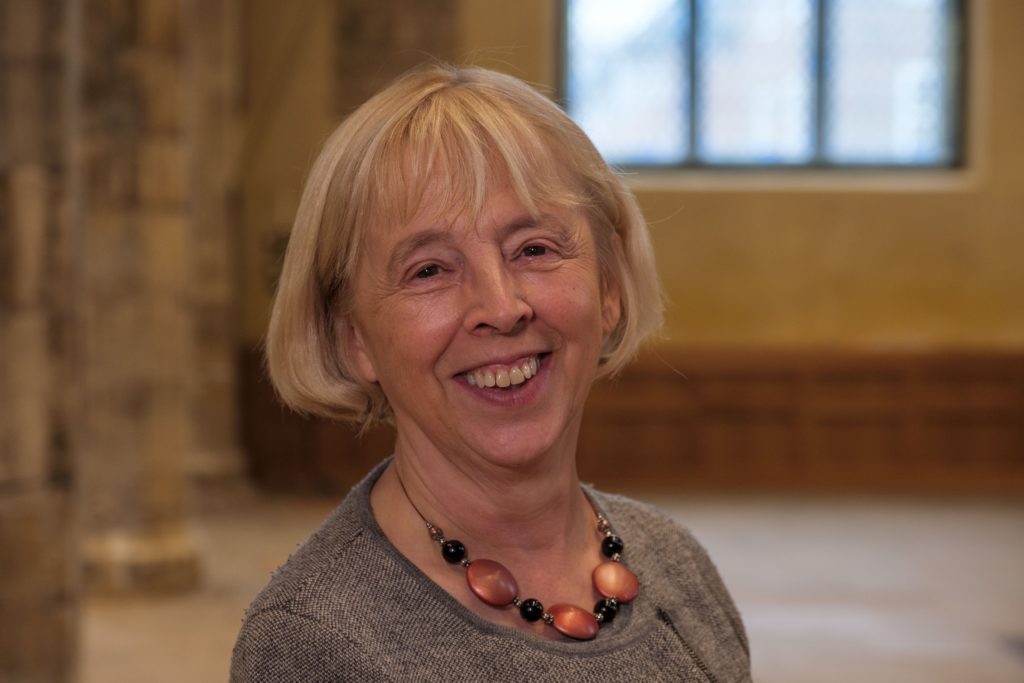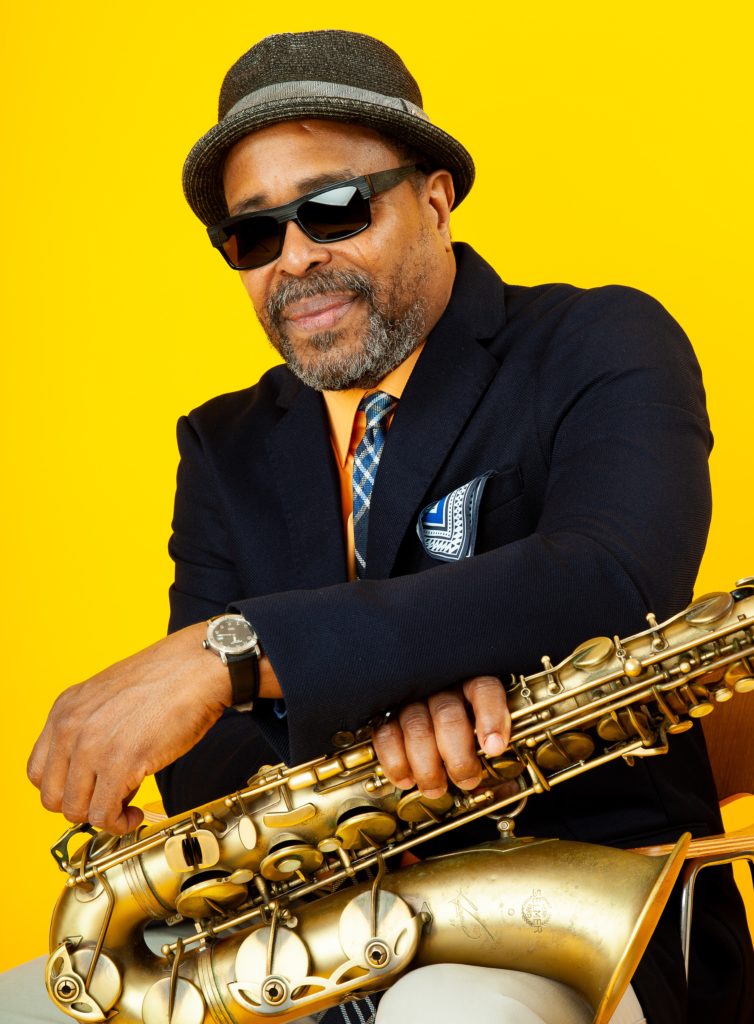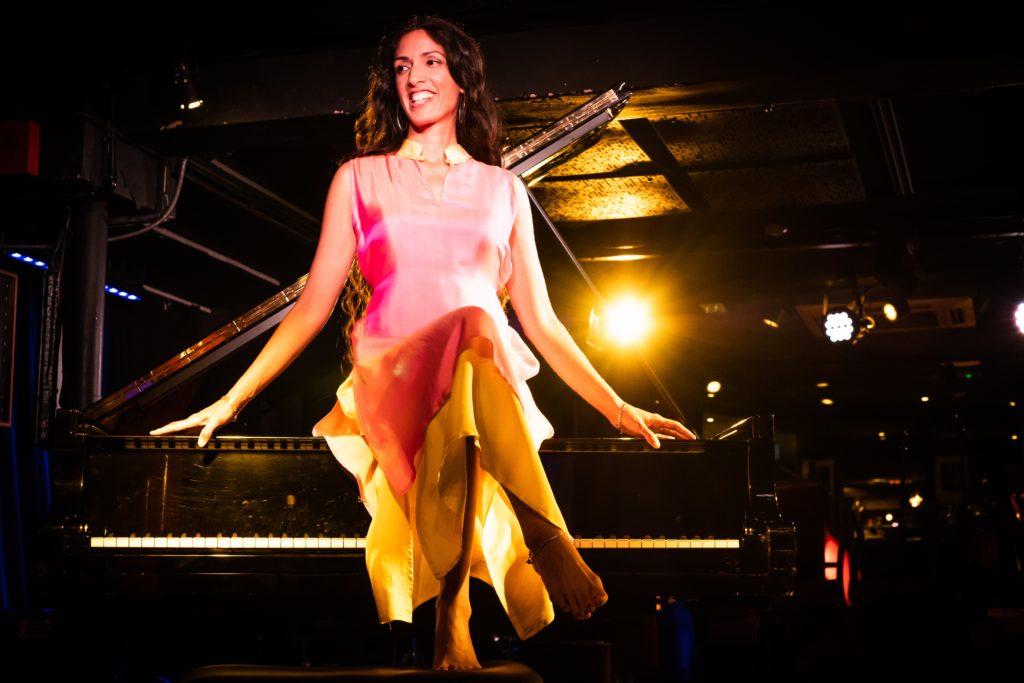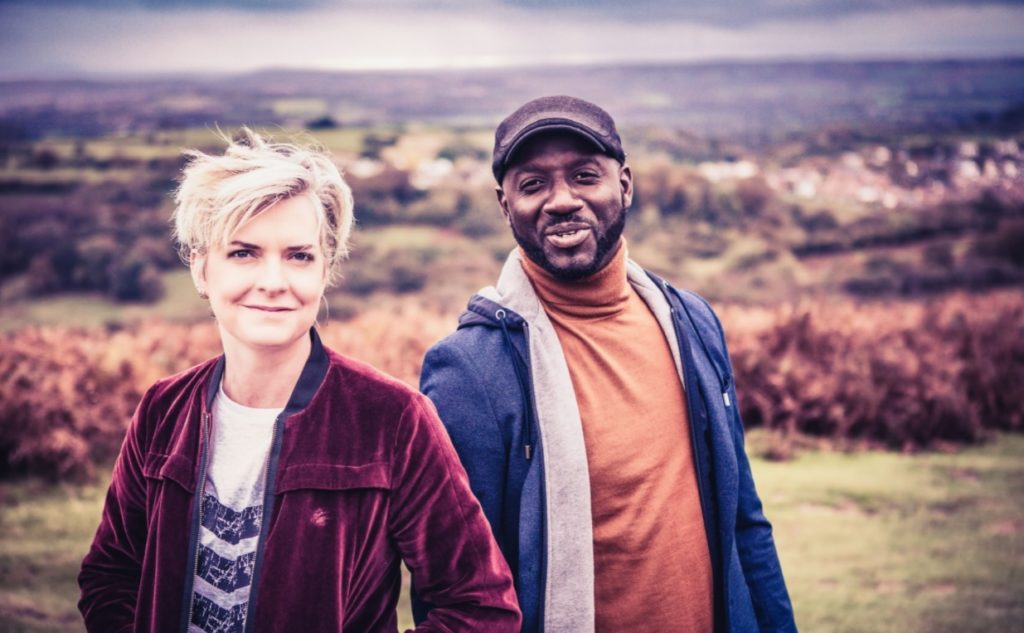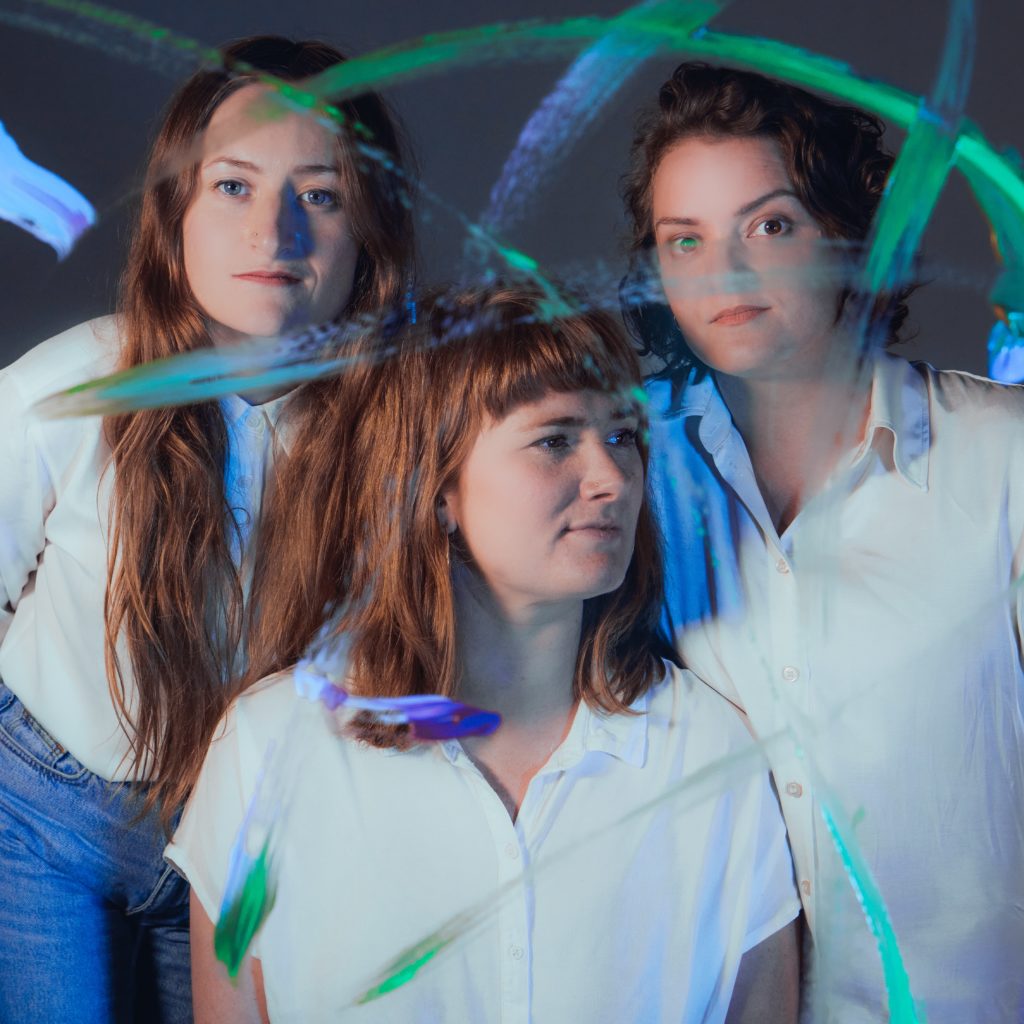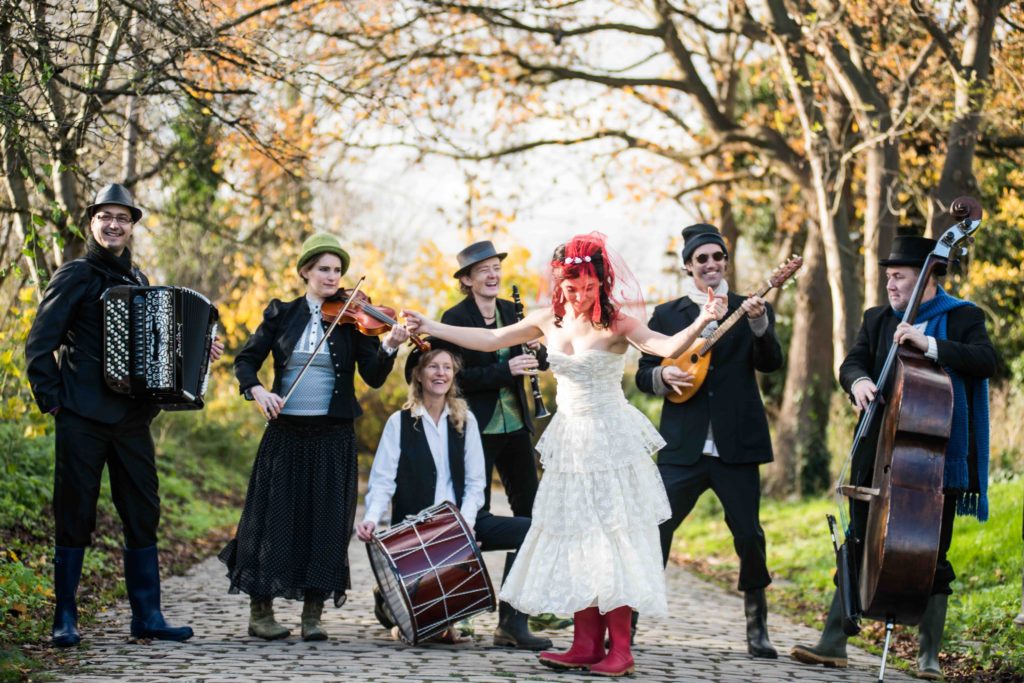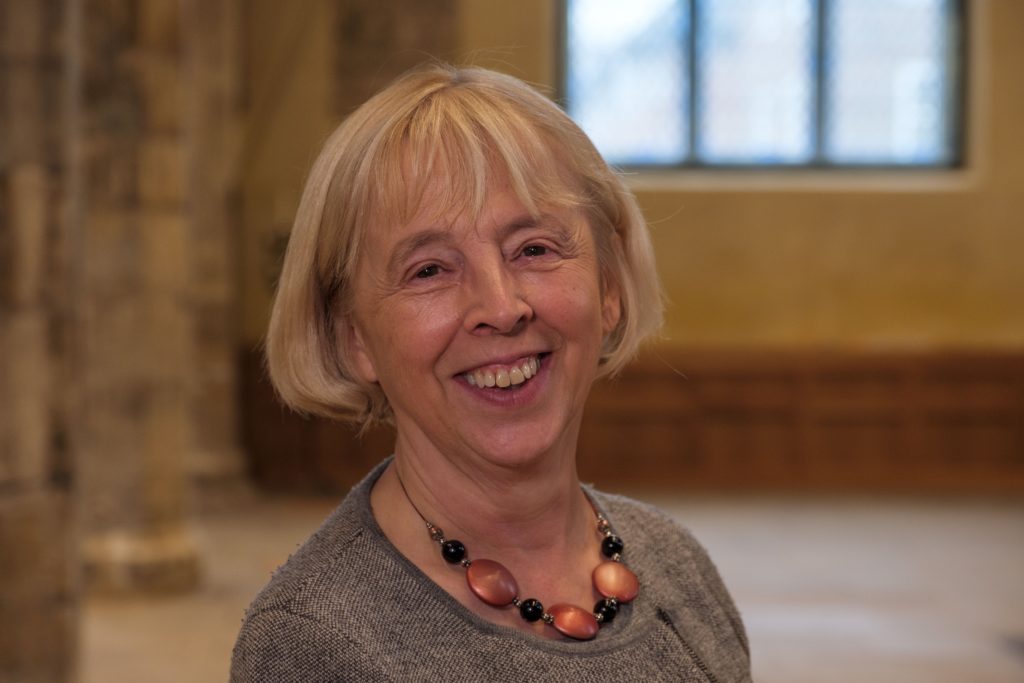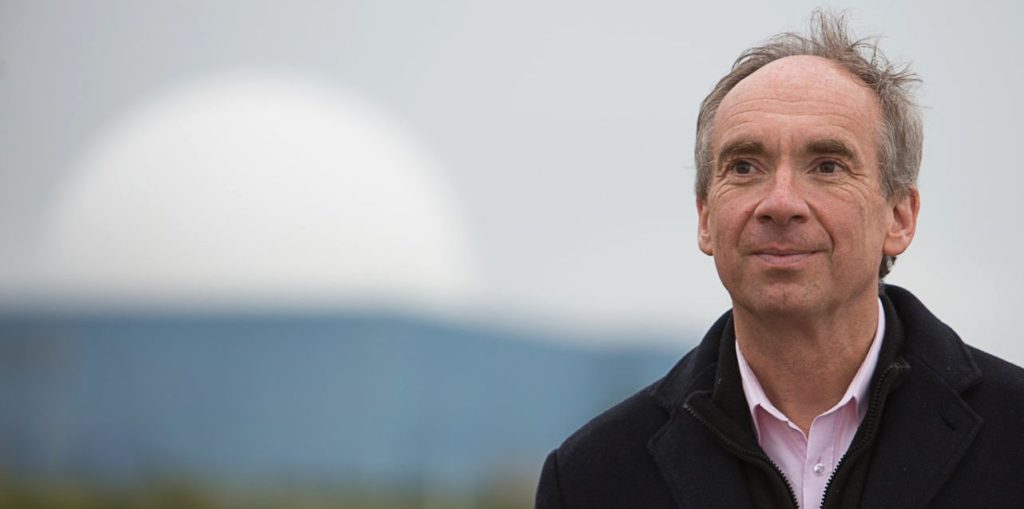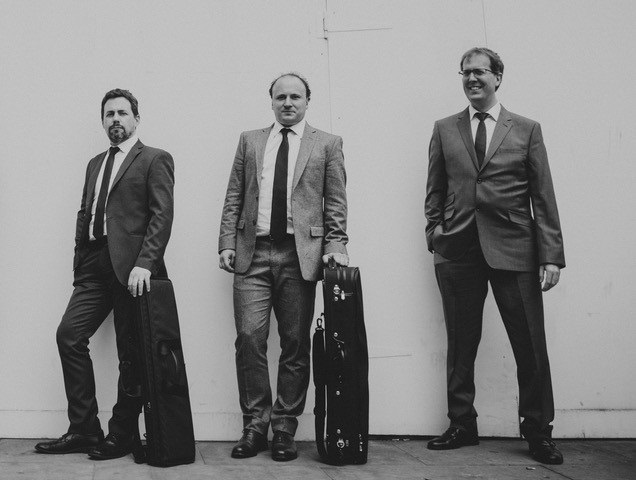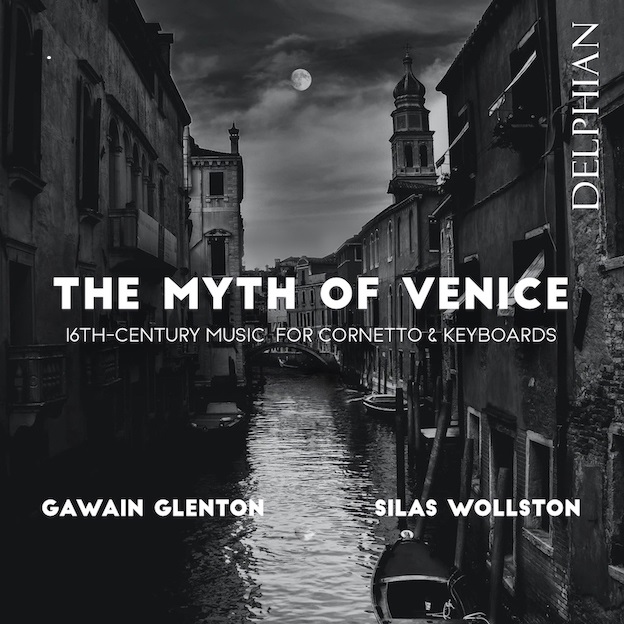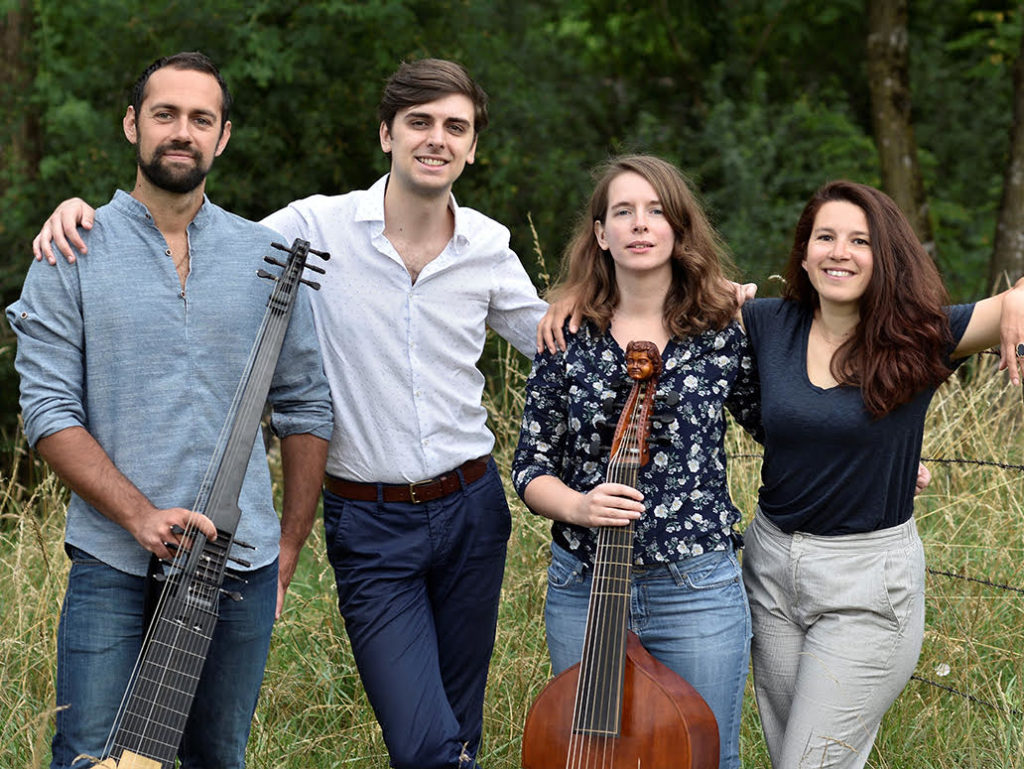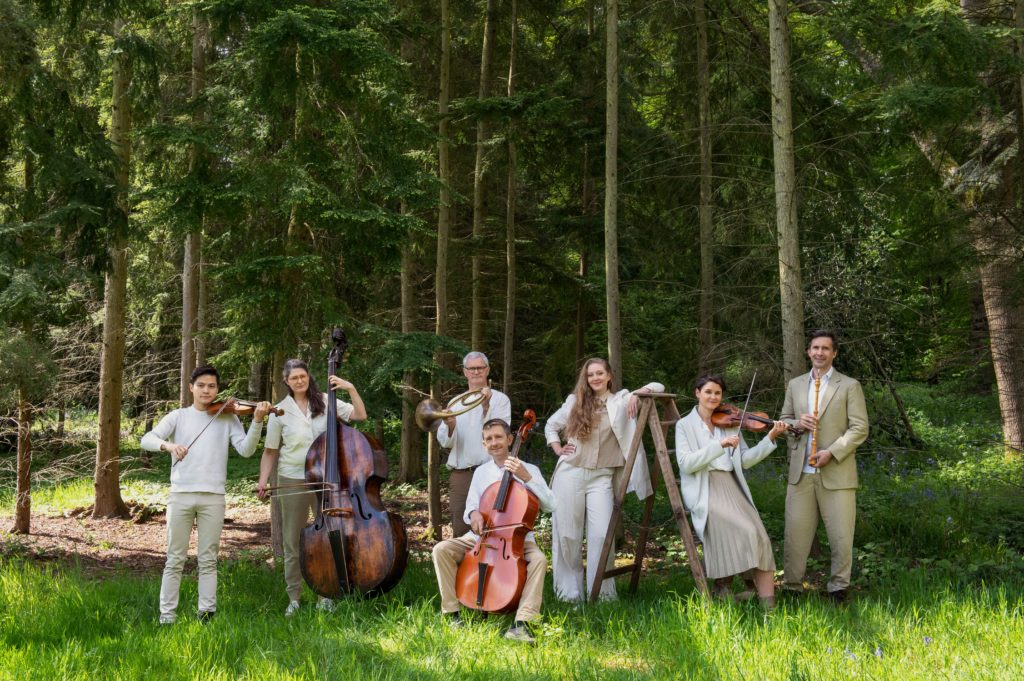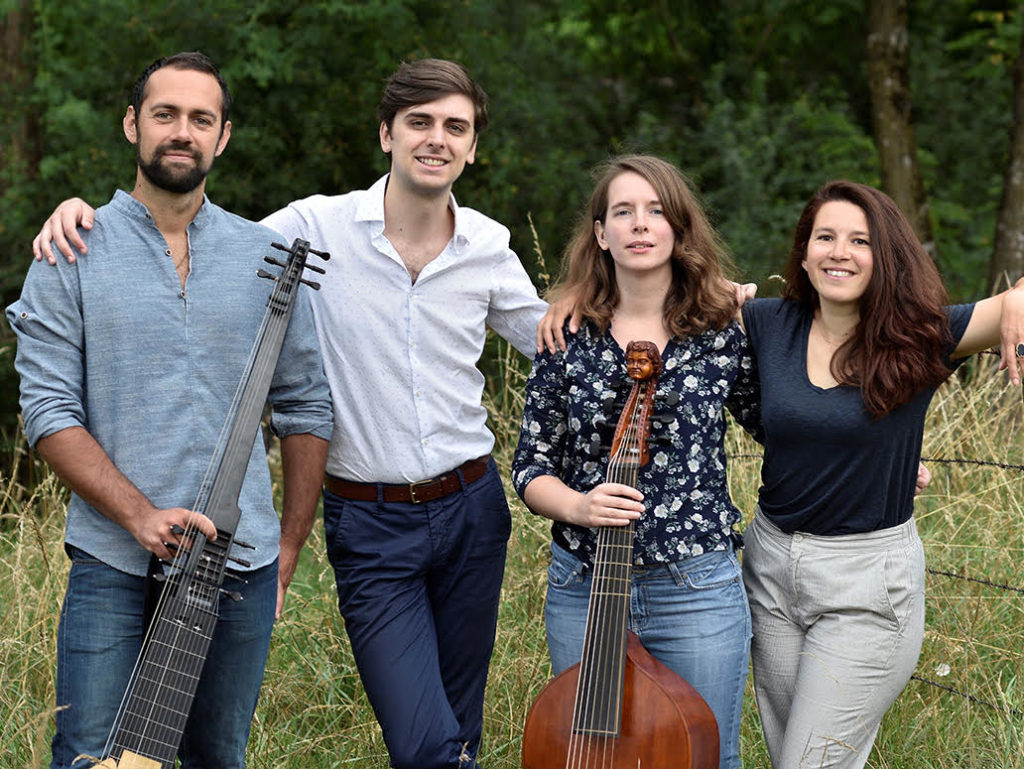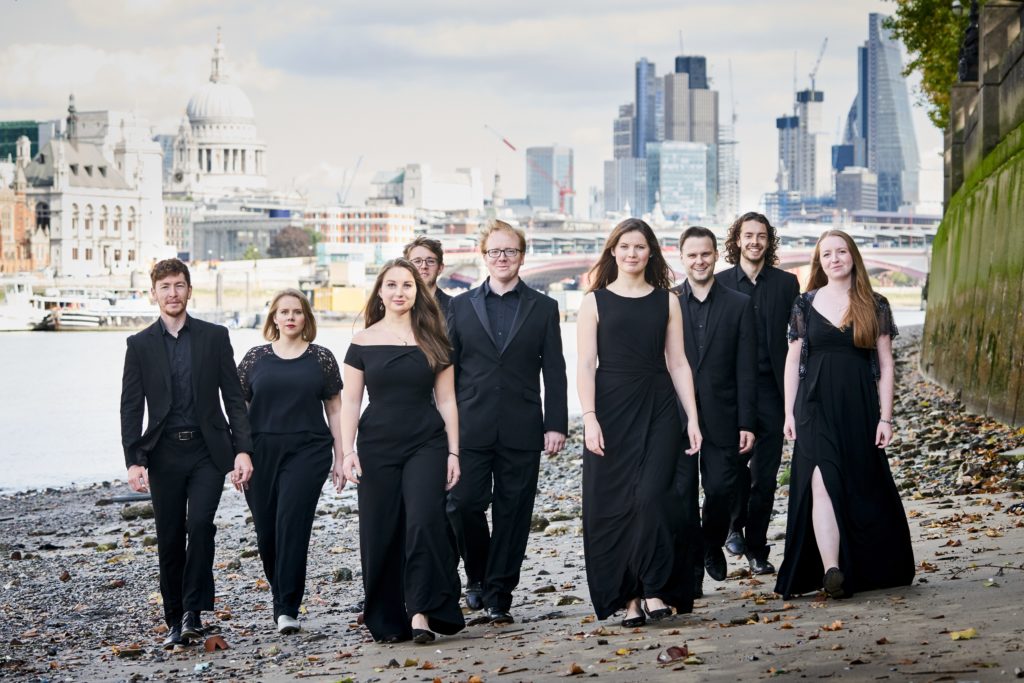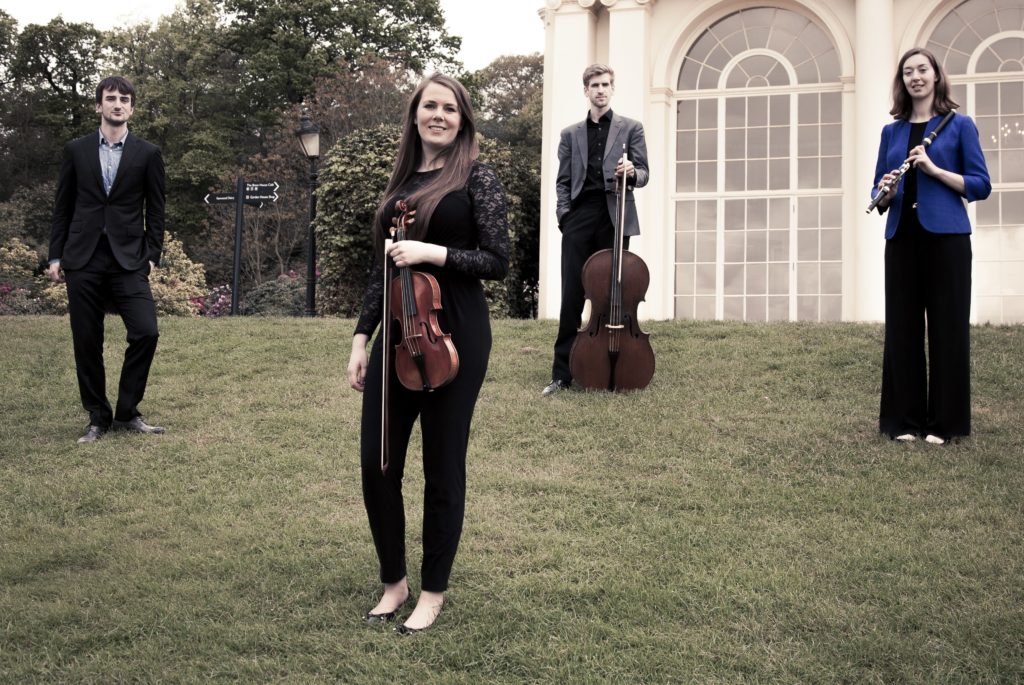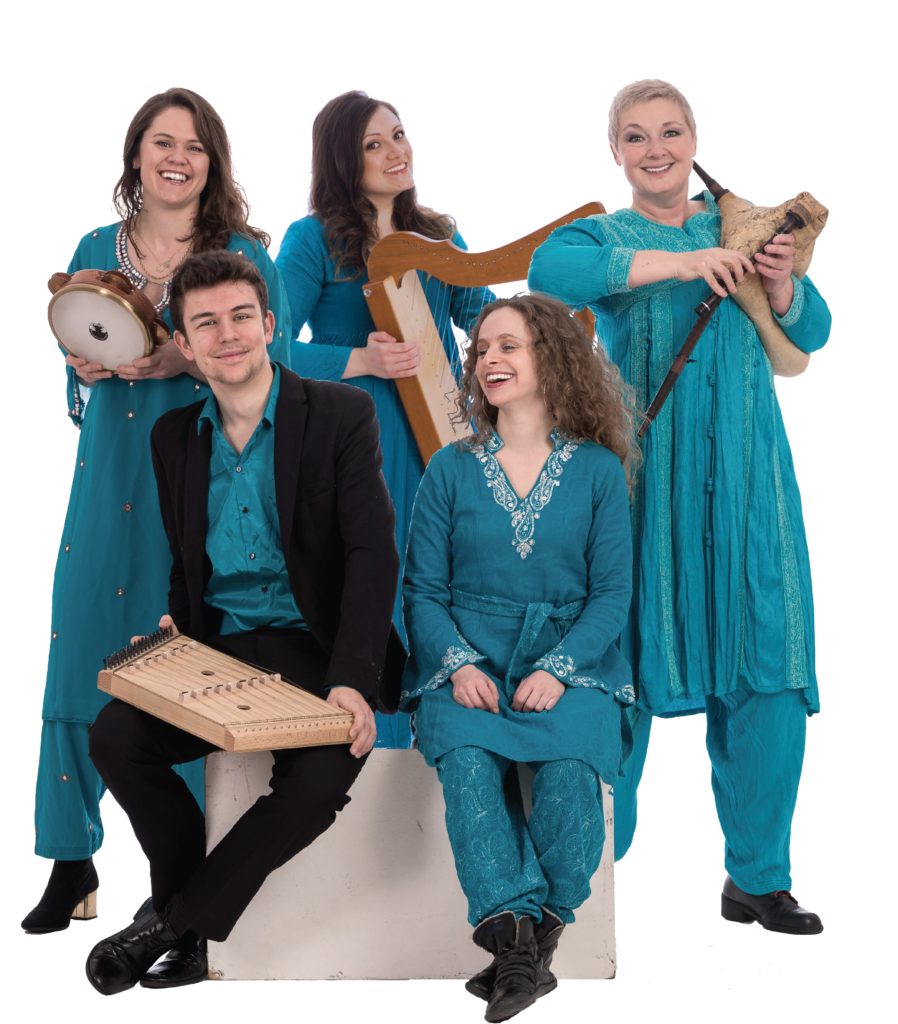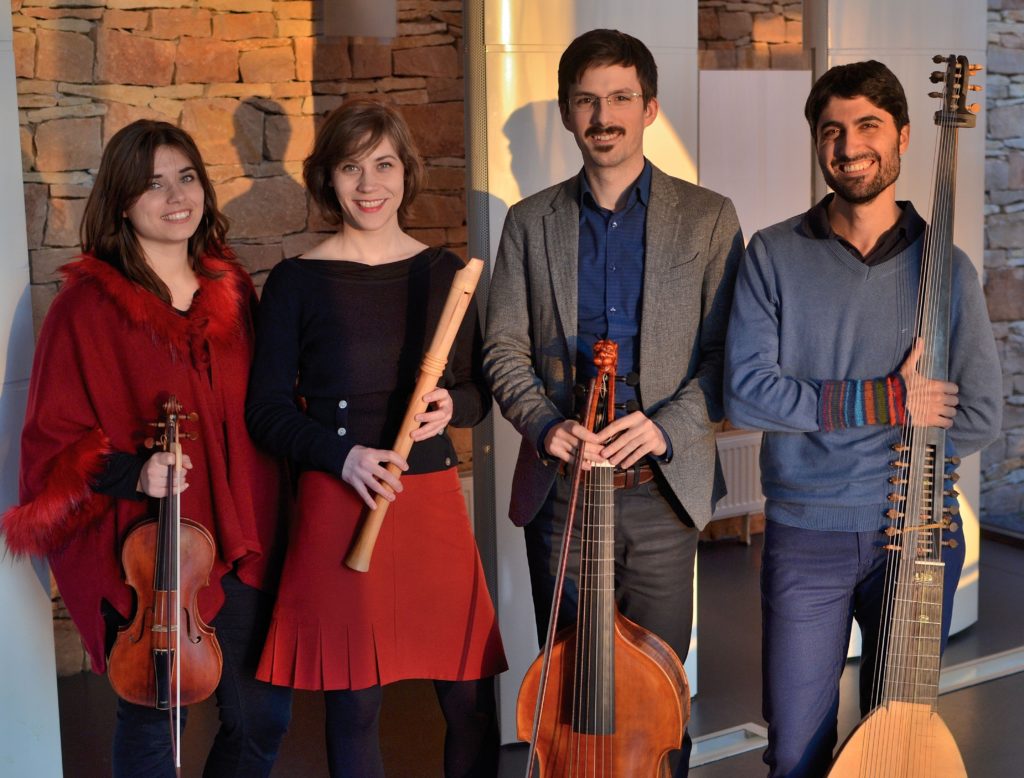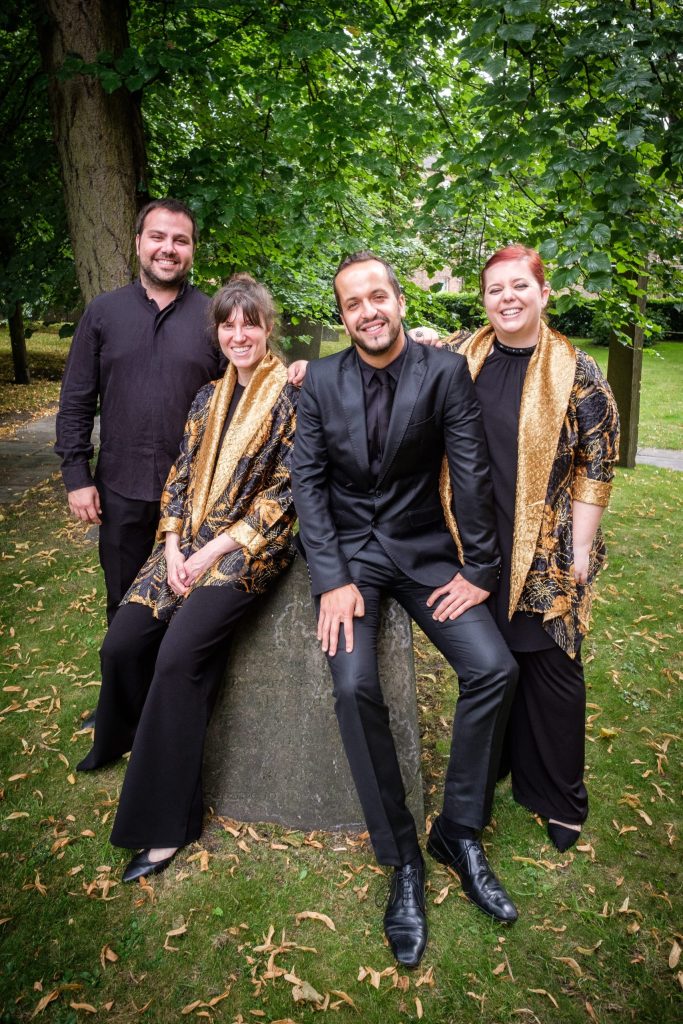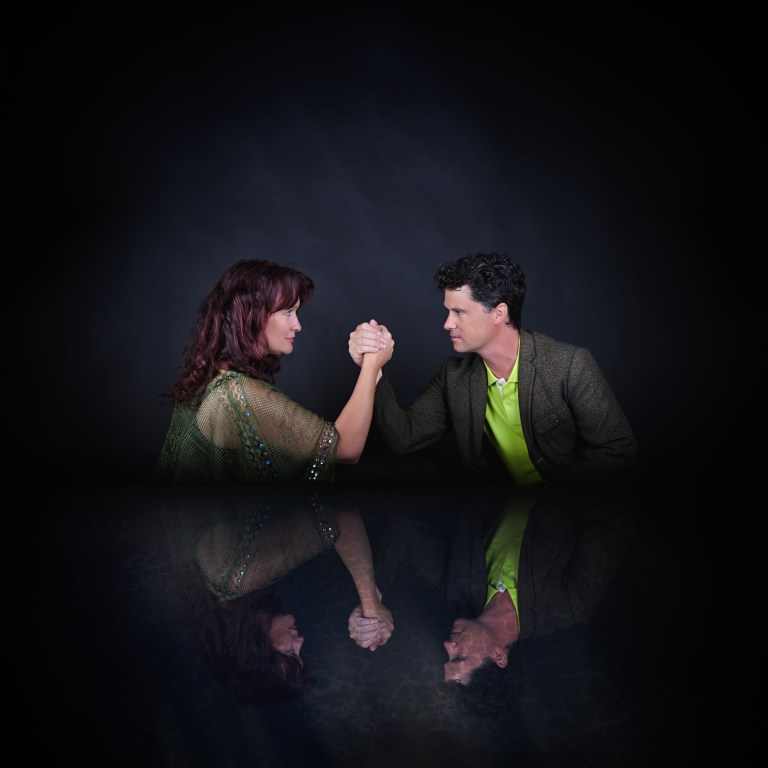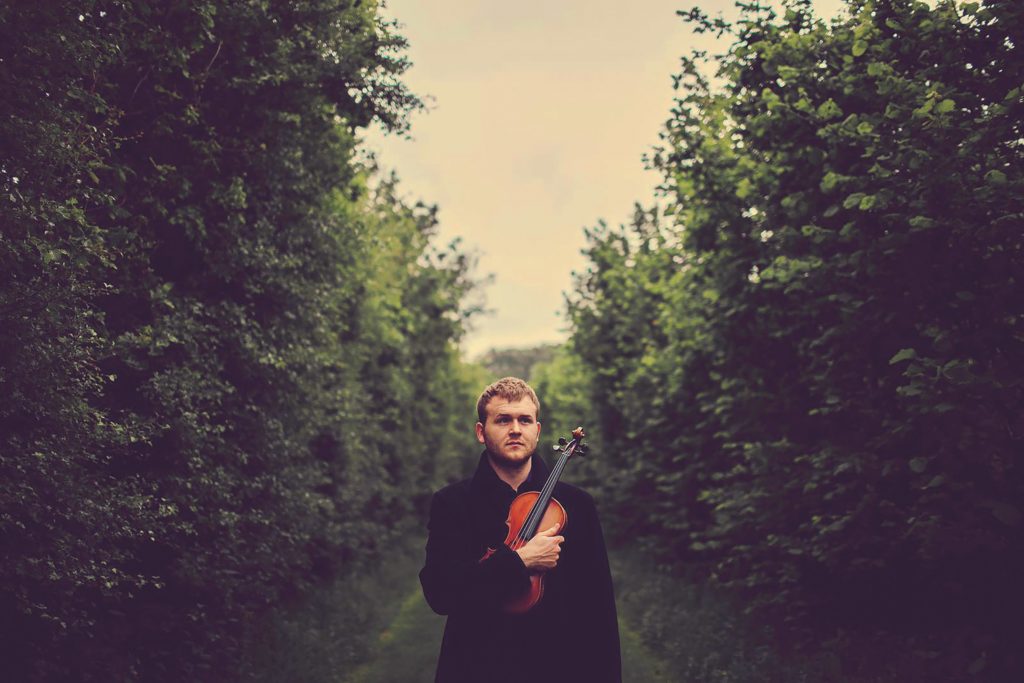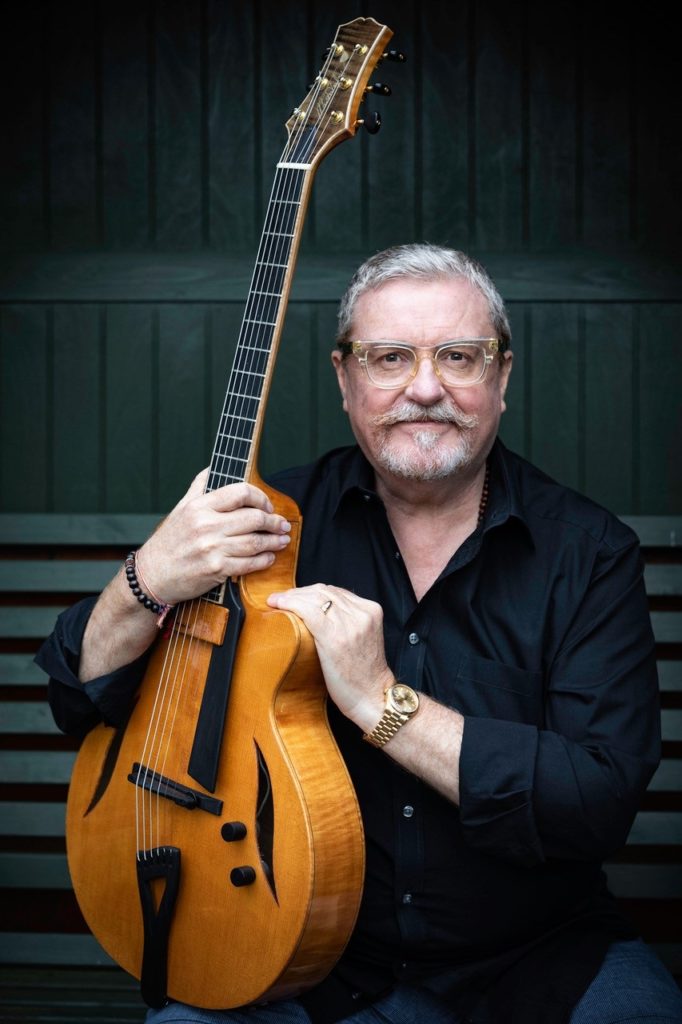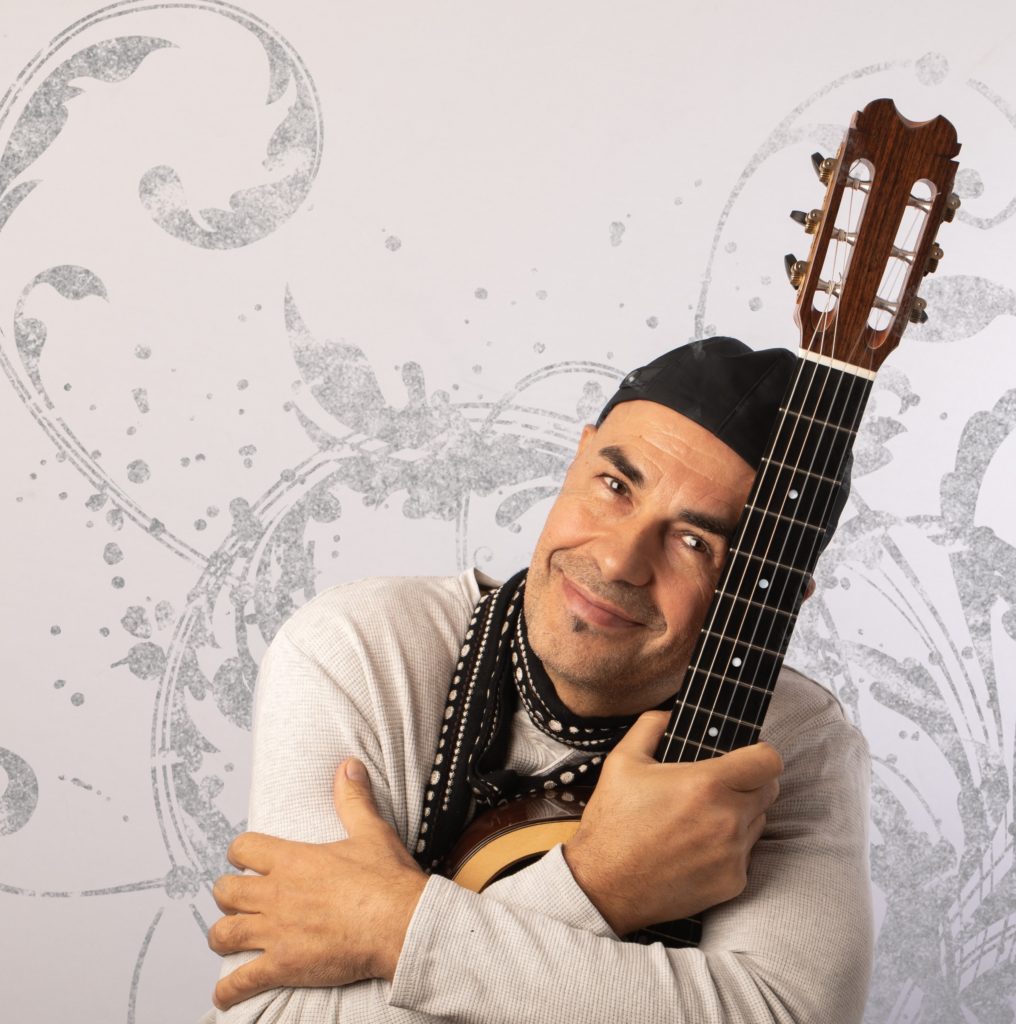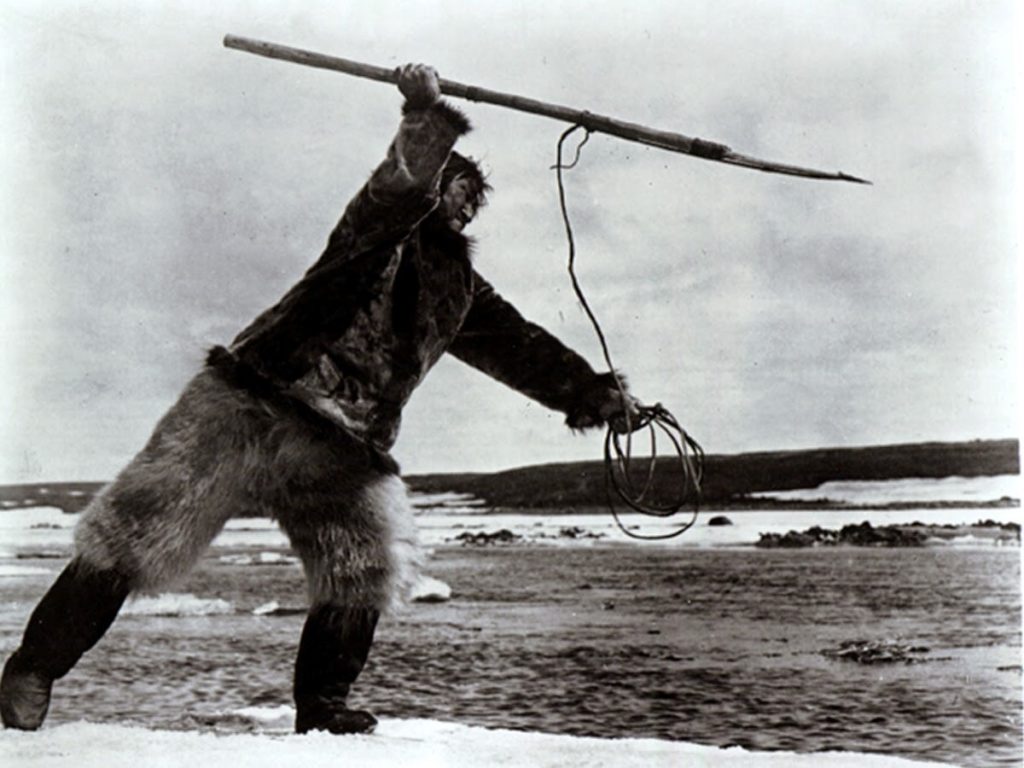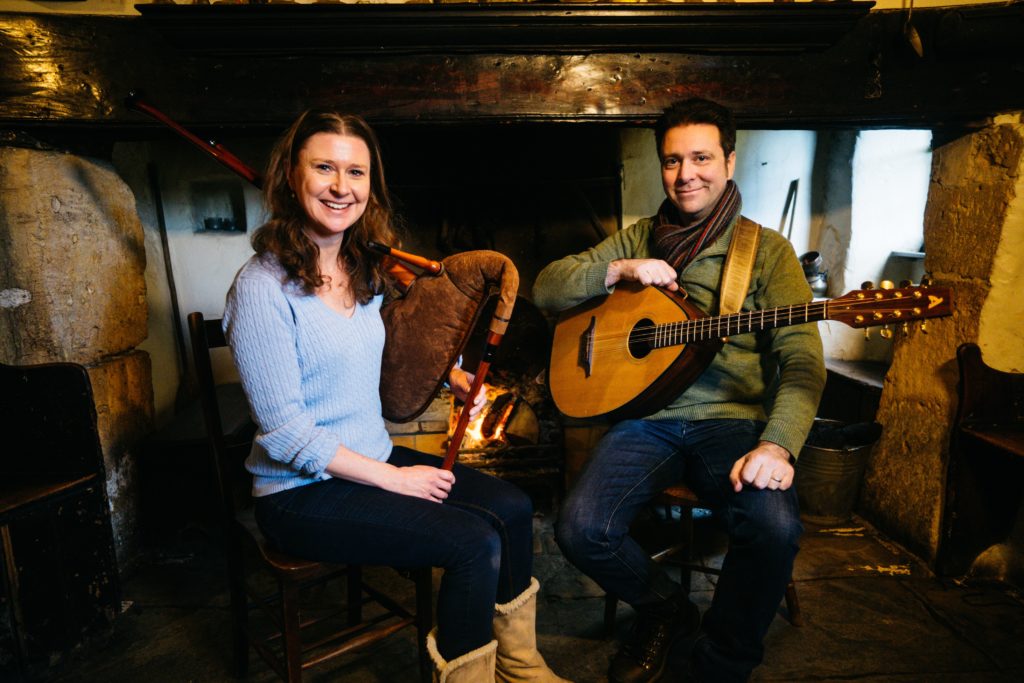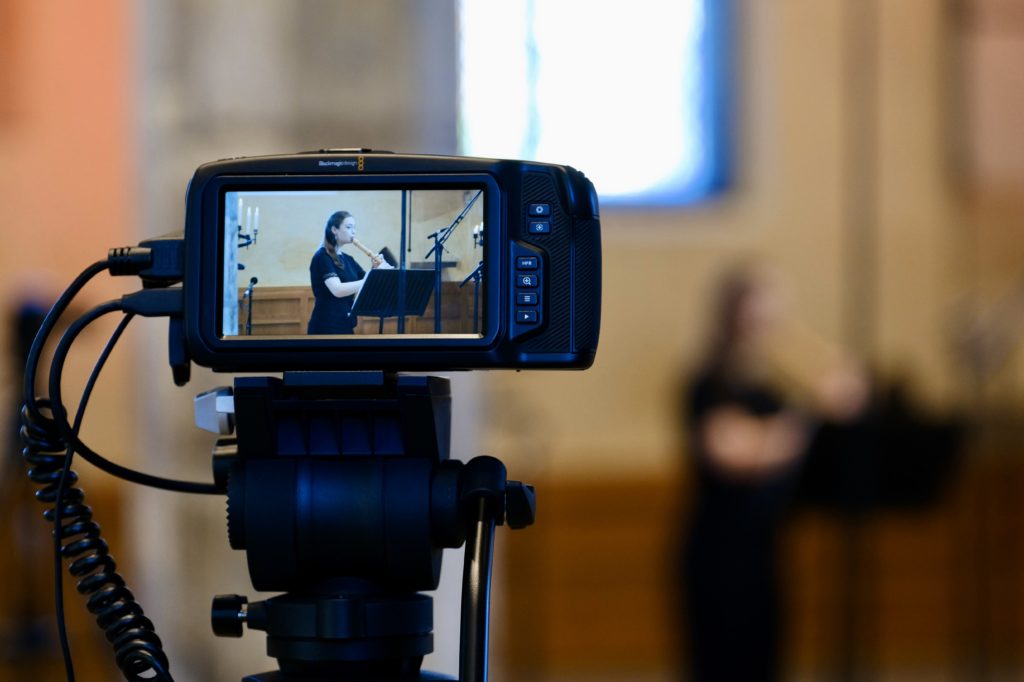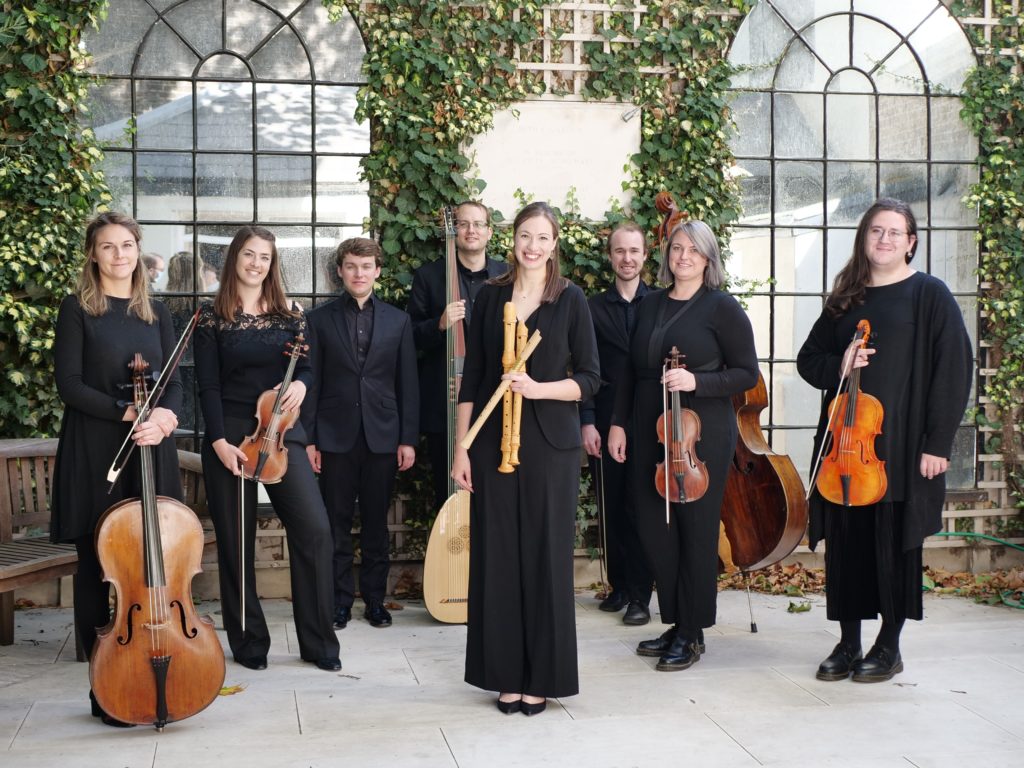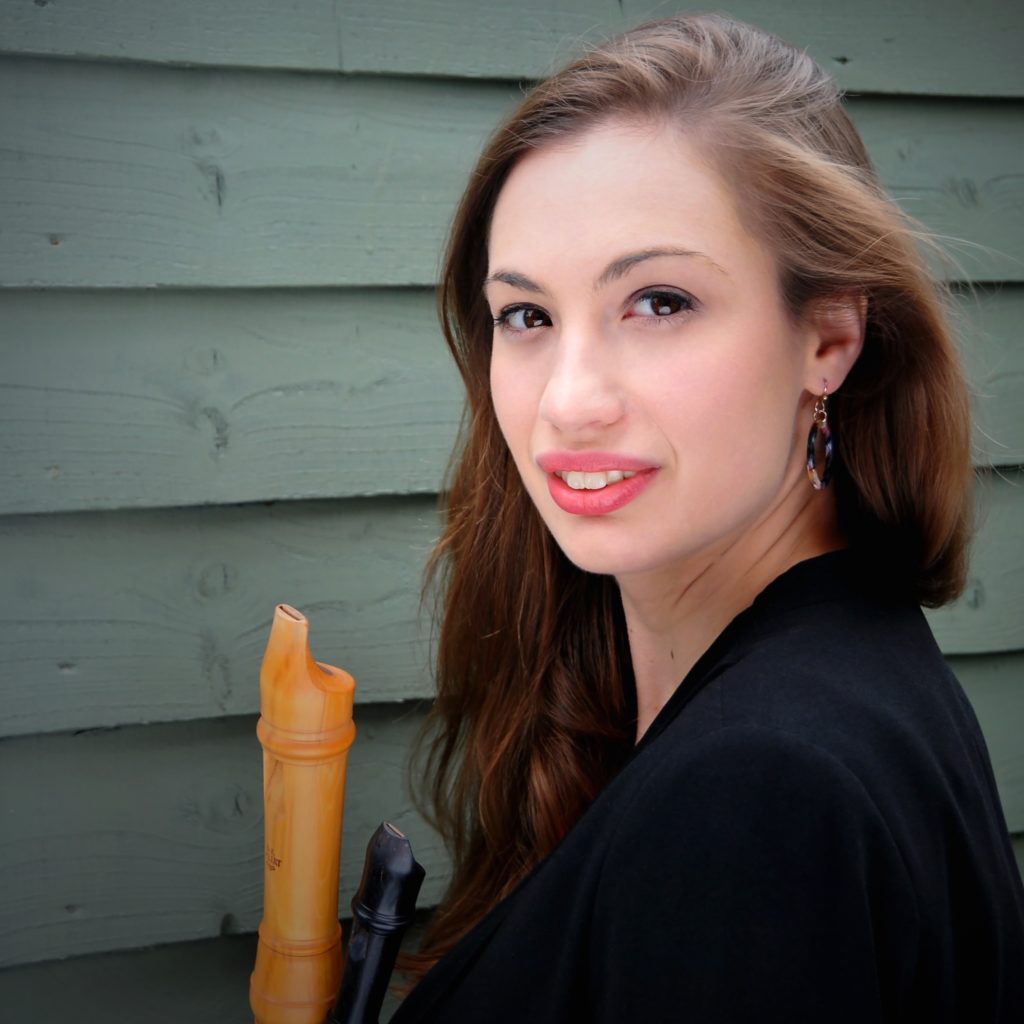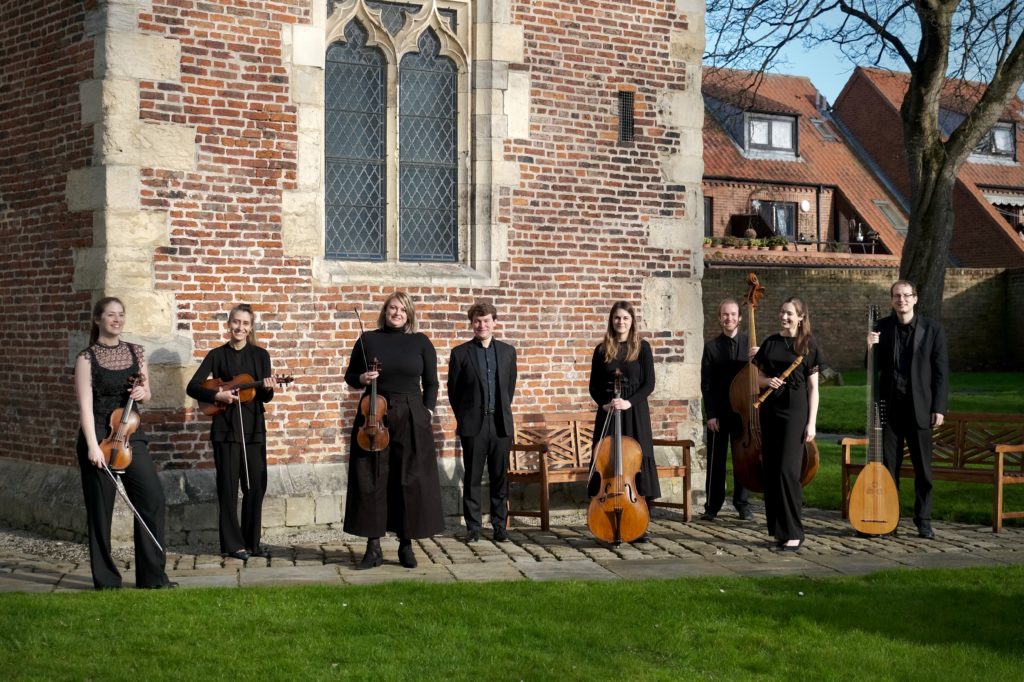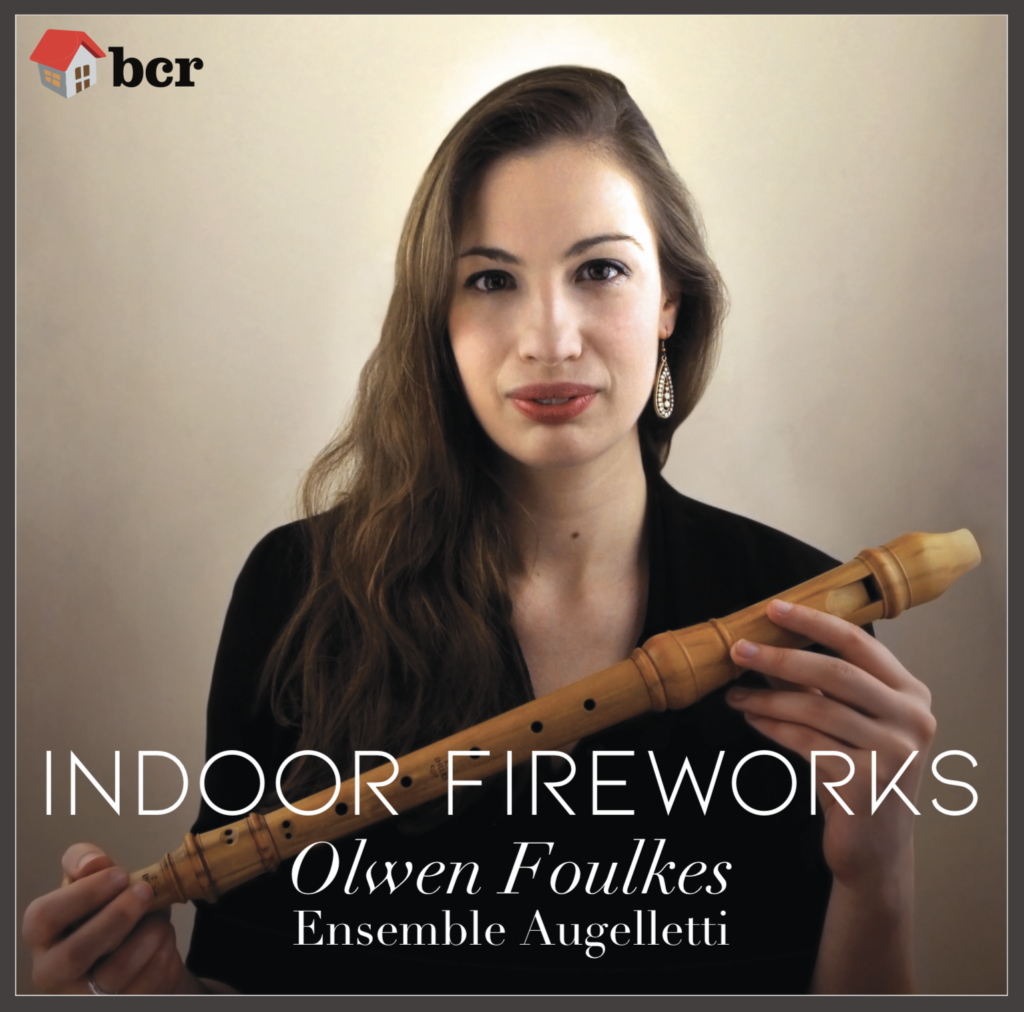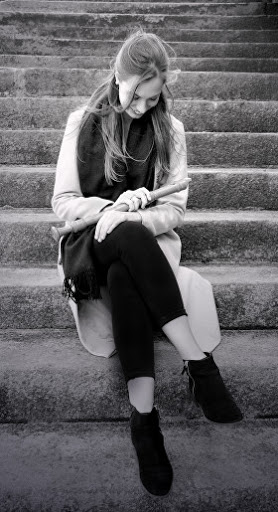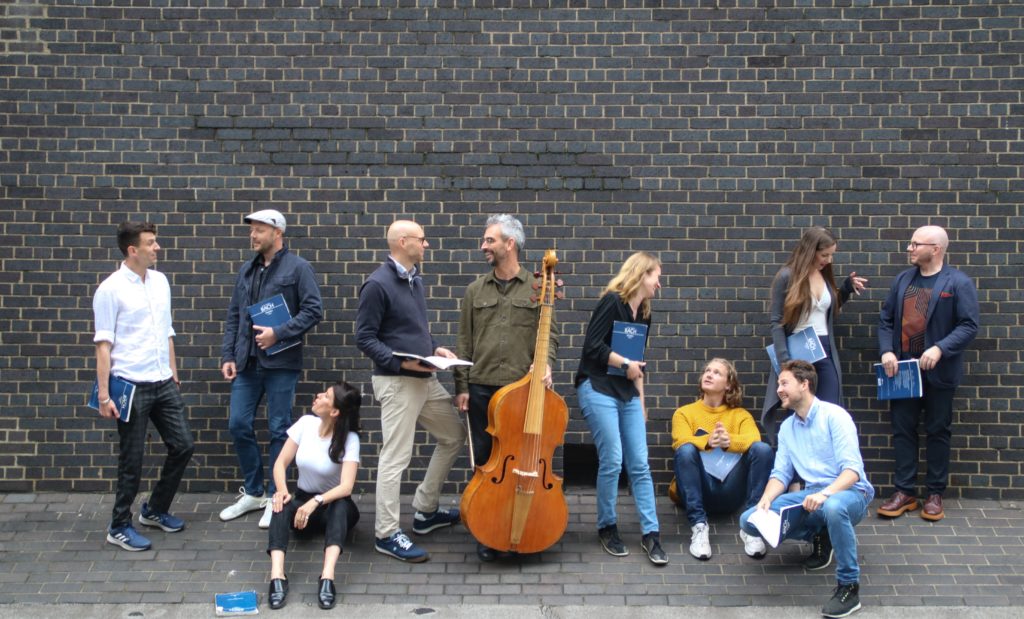
YORK Early Music Christmas Festival 2022’s combination of music, minstrels, merriment, mulled wine and mince pies can be savoured from December 8 to 17.
The live festival will be complemented by a festive online box set, comprising highlights of seven concerts available to watch on demand from 12 noon on December 19 to January 31 2023.
Run by the National Centre for Early Music (NCEM), at St Margaret’s Church, Walmgate, the 2022 festival features both Early and folk music performed by an array of artists from Great Britain, Europe and York itself.
“The NCEM welcomes old friends and new faces for this musical celebration of Christmas,” says director Dr Delma Tomlin. “As well as concerts from some of the world’s foremost exponents of Early Music, this year’s Christmas programme brings you festive cheer from The Furrow Collective, Green Matthews and The York Waits, thanks to a special Events and Festivals Grant from Make It York.
“This is the perfect choice for an atmospheric Yuletide evening away from the crowds as the York Early Music Christmas Festival transports you to a magical Christmas past, with mice pies and mulled wine available at most concerts.”
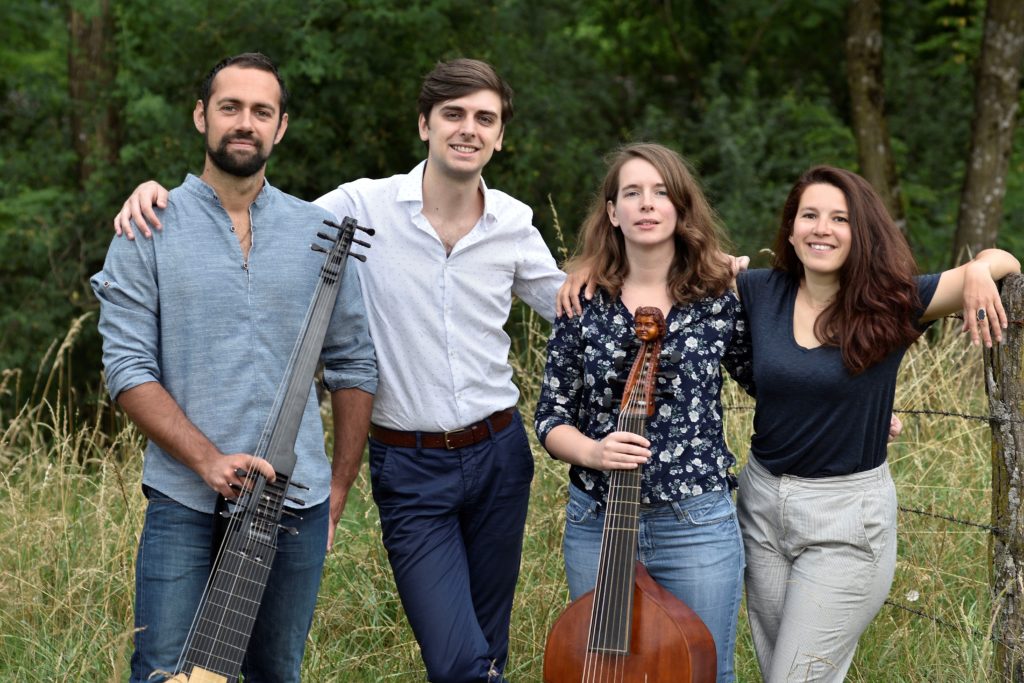
Returning after their sparkling debut in York last year, French baroque ensemble La Palatine open the festival on December 8 at 7pm at the NCEM with Fiesta Galante, a festive and colourful spread of different musical genres marking the accession of the Bourbons to the Spanish throne in 1700.
These rising stars of Creative Europe’s EEEmerging+ programme – to support the development of young professional ensembles – will be performing acrobatic sonatas, dancing cantatas and guitar pieces, capturing how the new Italianate spirit spread through Spain. Led by soprano Marie Théoleyre, the highlight will be Nebra’s sacred cantatas.
“The relationship with Europe (through EEEmerging) has been fabulous, allowing us to share these wonderful musicians’ skills,” says Delma. “Post-Brexit, the bridges will still be there; they still want to collaborate, and so do I.
“Last December, La Palatine made the audience cry…in a very positive way with the beauty of their music, especially the last song. Marie Théoleyre is such an engaging singer. People were still not getting out to many concerts, and there was such a sense of joy in being there.
“La Palatine will be here for a few days, and as part of their residency, for Restoration, a UK network of Early Music promoters, they will be presenting a private concert to be shared online, giving the promoters the chance to talk to the artists with a view to further engagements.”
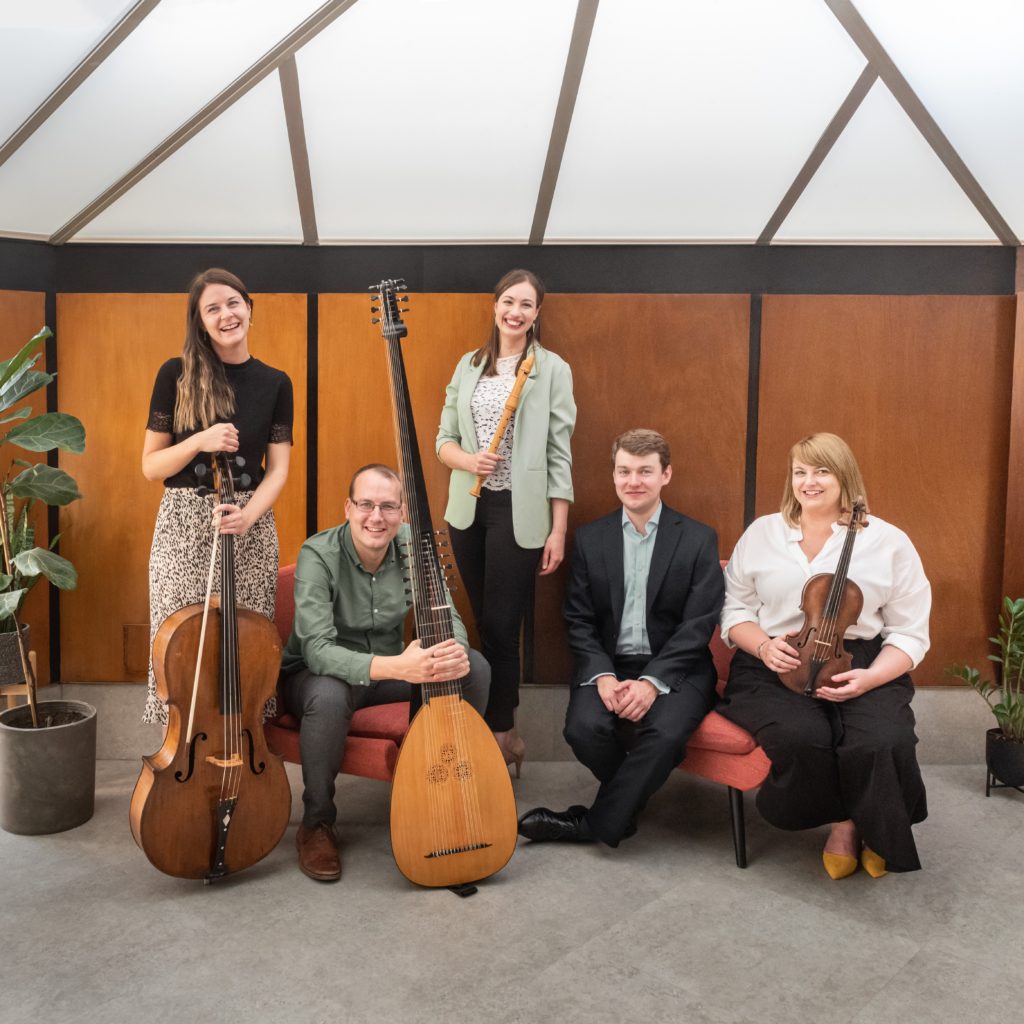
Expect to hear fantasias as they have never been played before when improvising violinist Nina Kumin gives an illustrated concert as part of this University of York PhD student’s doctorate in Telemann’s Fantasy: The Genius Behind The Music (NCEM, December 9, 12.30pm, free admission).
Looking at how fantasias capture the style and the spirit of the Baroque, this Peter Seymour pupil will open with Telemann’s fantasias for solo violin, then will address two questions: how did baroque musicians create fantasias, and from where did they gain inspiration?
Kumin, by the way, has taken over as the director of the Minster Minstrels, the NCEM’s Early Music ensemble for school-age musicians.
In Pick A Card! (NCEM, December 9, 7pm), London’s Ensemble Augelletti explore playing card designs from the 14th century to the present day, connecting each card to a different piece of music to tell seasonal stories of people, places and animals in winter.
Olwen Foulkes, recorders, Ellen Bundy, violin, Carina Drury, cello, Toby Carr, lutes, and Benedict Willliams, keyboards, play music by Handel, Corelli, Rossi, Purcell and Ucellini to conjure up cosy evenings of playing cards around a fire, an ancient pastime for family celebrations and gatherings.
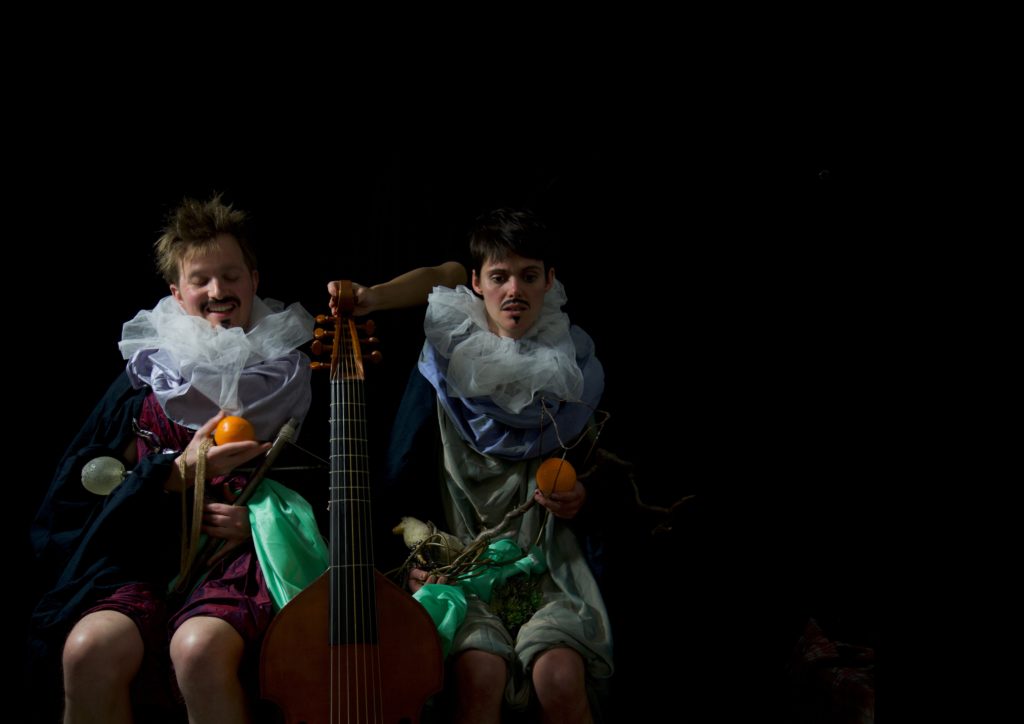
Audiences can enjoy a brace of intimate yet extrovert celebrations of JS Bach’s music in solo violin lunchtime concerts over the festival’s two weekends. Festival favourite Bojan Čičić returns to the NCEM to interpret Bach’s Sonatas (December 10, 1pm) and Partitas (December 17, 1pm), ahead of the release of his latest recording with Delphian.
York’s Yorkshire Bach Choir and the Yorkshire Baroque Soloists return to the Sir Jack Lyons Concert Hall, University of York (December 10, 7pm to 10pm), with soprano Bethany Seymour and Hannah Morrison, tenor James Gilchrist and bass Johnny Herford as the soloists for Handel’s Brockes Passion.
After languishing in the margins of musical history, Handel’s only Passion setting – first performed in Hamburg in 1719 – receives its debut performance in the North of England, with its vivid mixture of chorales, choruses and emotive recitatives, under conductor Peter Seymour.
Baroque ensemble Spiritato and York vocal group The Marian Consort join forces at the NCEM (December 11, 5pm) to present Inspiring Bach, an exciting, moving and profound performance featuring music and composers admired by Johann Sebastian Bach: Pachelbel, JC Bach, Knupfer and Buxtehude.
“These large-scale, uplifting works, composed after the trauma of the Thirty Years War, have a remarkable resonance today,” says Delma. “Featuring composers you might surmise were inspired by Bach or inspired the man himself, this is music form the very soul of the 17th century, crowned with soaring melodies and the glorious sound of trumpets and drums.
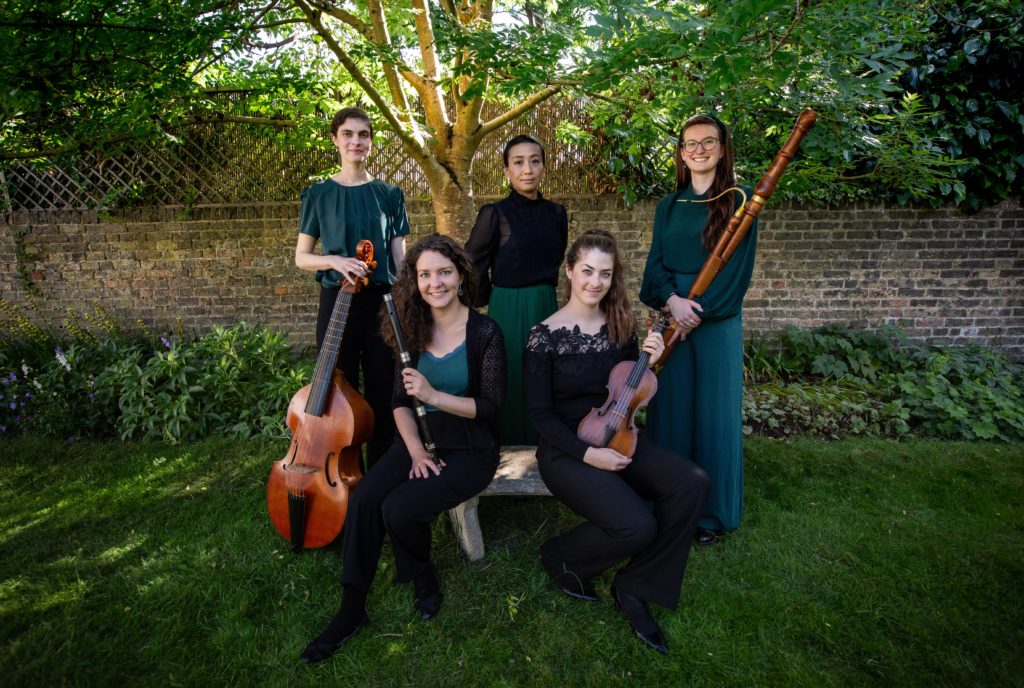
“We’re delighted Spiritato are returning to York; they’re an absolutely smashing young ensemble, working incredibly hard to present unfamiliar repertoire and making a real go of it.”
To celebrate French playwright Molière’s 400th anniversary, Ensemble Molière, the first NCEM/BBC Radio 3/Royal College of Music New Generation Baroque Ensemble, re-create a time of environmental catastrophe, war and pestilence set around the table of the Sun King, Louis XIV, in Good Soup at the NCEM (December 12, 7.30pm).
“Very different from a normal baroque programme”, the evening of music, absurdist theatre, slapstick and puppetry features works by Jean-Baptiste Lully, Couperin, Marais, Dumont, Charpentier and Jean Chardevoine, complemented by clowns and performers James Oldham and Lizzy Shakespeare. Klara Kofen is the dramaturg and puppeteer; Rachel Wise, the movement director and fellow puppeteer.
The NCEM and partners will be seeking a new New Generation ensemble from next September. In the meantime, Ensemble Molière will record their debut album at the NCEM next spring, on top of their work for BBC Radio 3.
The Orlando Consort’s Matthew Venner (countertenor), Mark Dobell (tenor), Angus Smith (tenor) and Donald Greig (baritone) mark their final year of performing and recording together with Adieu, presenting a selection of pieces they have particularly enjoyed singing over the past 35 years, at the NCEM (December 15, 6.30pm, moved from 7.30pm).
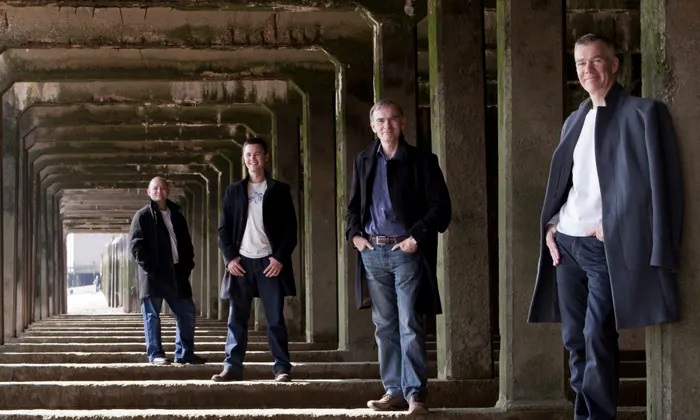
The mellifluous sequence of music from across Europe ranges from the hypnotic beauty of 1,000-year-old polyphony, through the Medieval age, and onwards to the early Renaissance.
In addition, Consort members will be sharing reflections on their musical journey in a handful of behind-the-scenes touring anecdotes. That journey included a commission from Gabriel Jackson to mark the opening of the NCEM in 2000.
The main festival concludes with Solomon’s Knot’s focus on Johann Kuhnau’s Christmas Cantatas, directed by Jonathan Sells, now at the NCEM, rather than the Lyons (December 16, 6.30pm).
“Three hundred years after his death, it must be high time to bring Johann Kuhnau – the 16th cantor of the Thomasschule in Leipzig – out of the eclipsing shadow of his well-known successor, JS Bach,” says Delma.
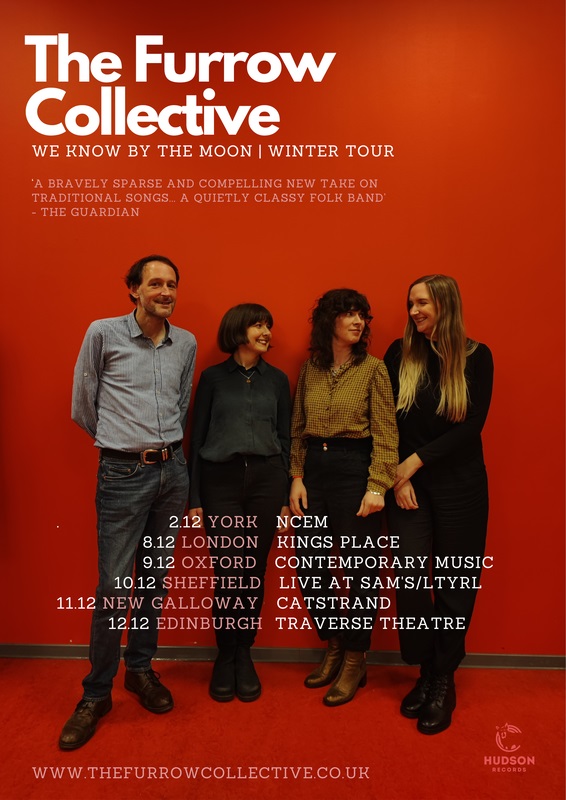
“Thanks to the pioneering work of scholar and countertenor David Erler, his sparkling works are ever more widely available. Solomon’s Knot return to the festival to give three of them their UK premiere in York, to be followed by a second performance at Wigmore Hall, in London, the next day.
“Featuring full choir and orchestra – 25 performers in all – these cantatas will ‘raise the roof’ of our 2022 Christmas celebrations, with festive trumpets, horns, and drums providing the perfect soundtrack for Christmas and New Year.”
In further festive concerts at the NCEM, English/Scottish band The Furrow Collective present We Know By The Moon, a spine-tingling evening of storytelling and harmony, bringing light into the wintry gloom (December 2, 7.30pm), while modern-day balladeers Green Matthews evoke the spirit of Christmas past, bringing600 years of music to life in a riot of sound and colour (December 17, 7.30pm).
In the NCEM’s last Christmas concert, the stalwart York Waits celebrate the 45th anniversary of their re-creation of York’s historic city band with The Waits’ Wassail in Music for Advent and Christmas, exploring festive music from the 14th to the 17th century (December 20, 7.30pm).
For full programme details, go to ncem.co.uk. Tickets are on sale on 01904 658338, at ncem.co.uk or in person from the NCEM.
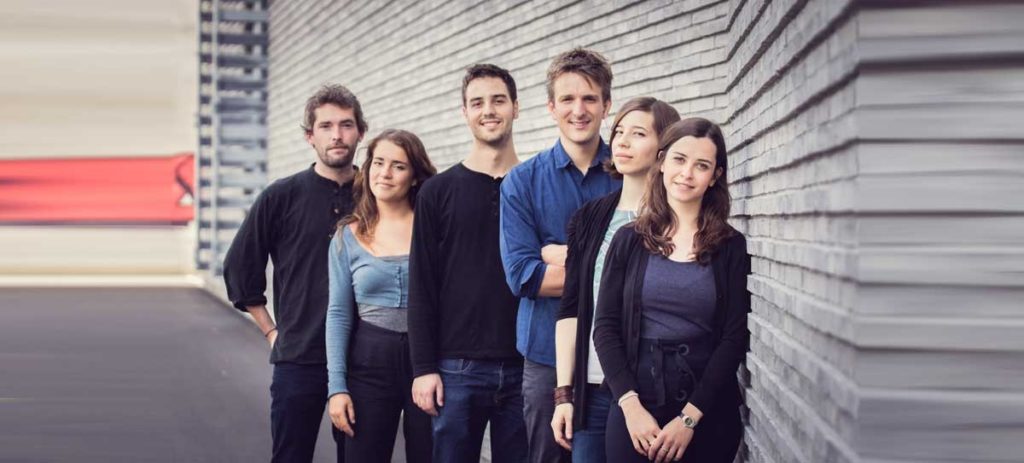
FOR the festive online box set, the NCEM concerts by La Palatine, Bojan Čičić, Spiritato & The Marian Consort, The Orlando Consort and Solomon’s Knot will be filmed and recorded by Ben Pugh and Tim Archer, formerly of the BBC’s Manchester studios, to enjoy from the comfort of home.
The set will be completed by El Gran Teatro Del Mundo’s concert, The Art Of Conversation, filmed on November 20. A festival pass costs £45 for the seven concerts; individual concerts, £10, at ncem.co.uk, and the concerts may be watched any number of times.
NCEM director Dr Delma Tomlin says: “York Early Music Festival is one of the highlights of the city’s Christmas calendar and the online programme offers the chance for everyone to enjoy these glorious concerts wherever they are in the world, giving access to people unable to go out or attend.
“As always, we’re welcoming old friends and new to the festival, which features an extraordinary wealth of music associated with Advent, Christmas and Epiphany. Our programme is the perfect accompaniment to Yuletide festivities and can be streamed well beyond Twelfth Night, so if you can’t join us in York this year, you can celebrate with us at home from December 19 to January 31.”
